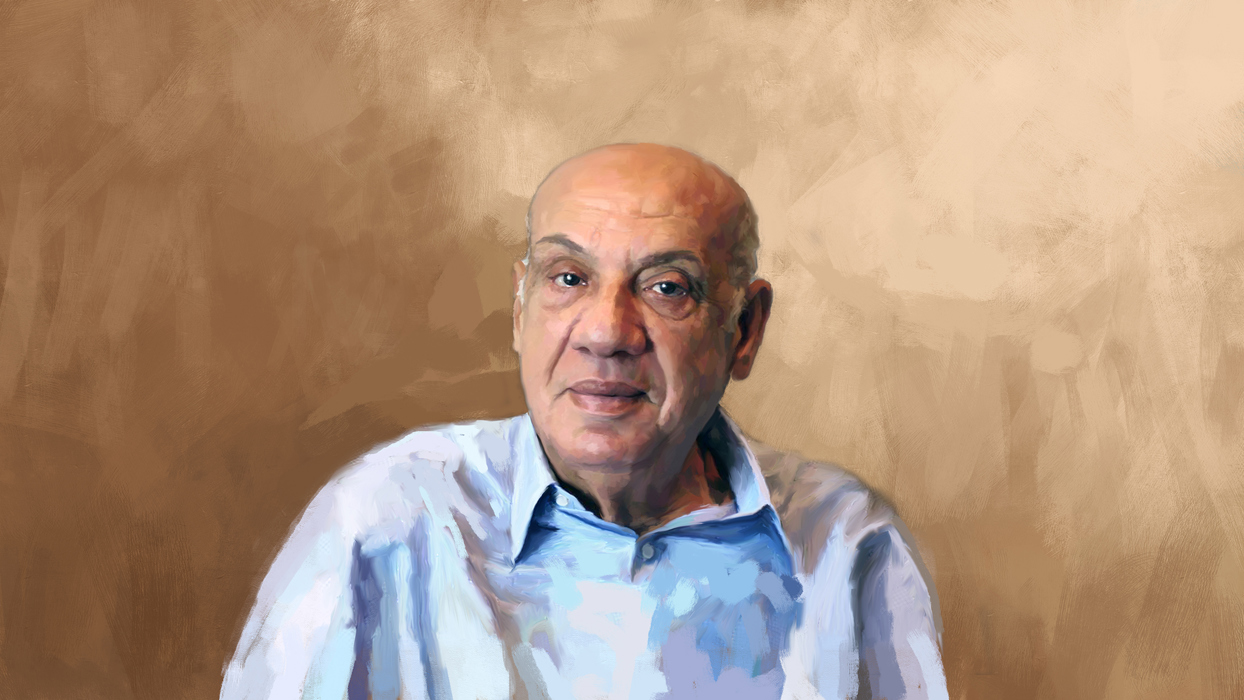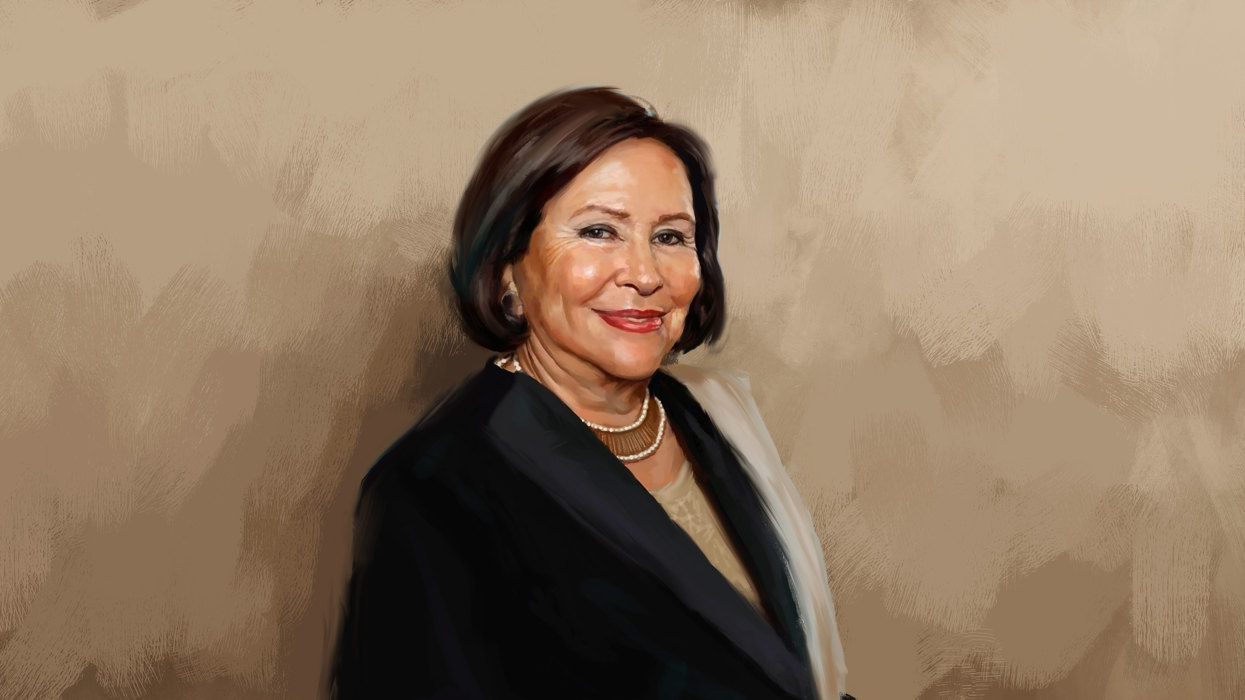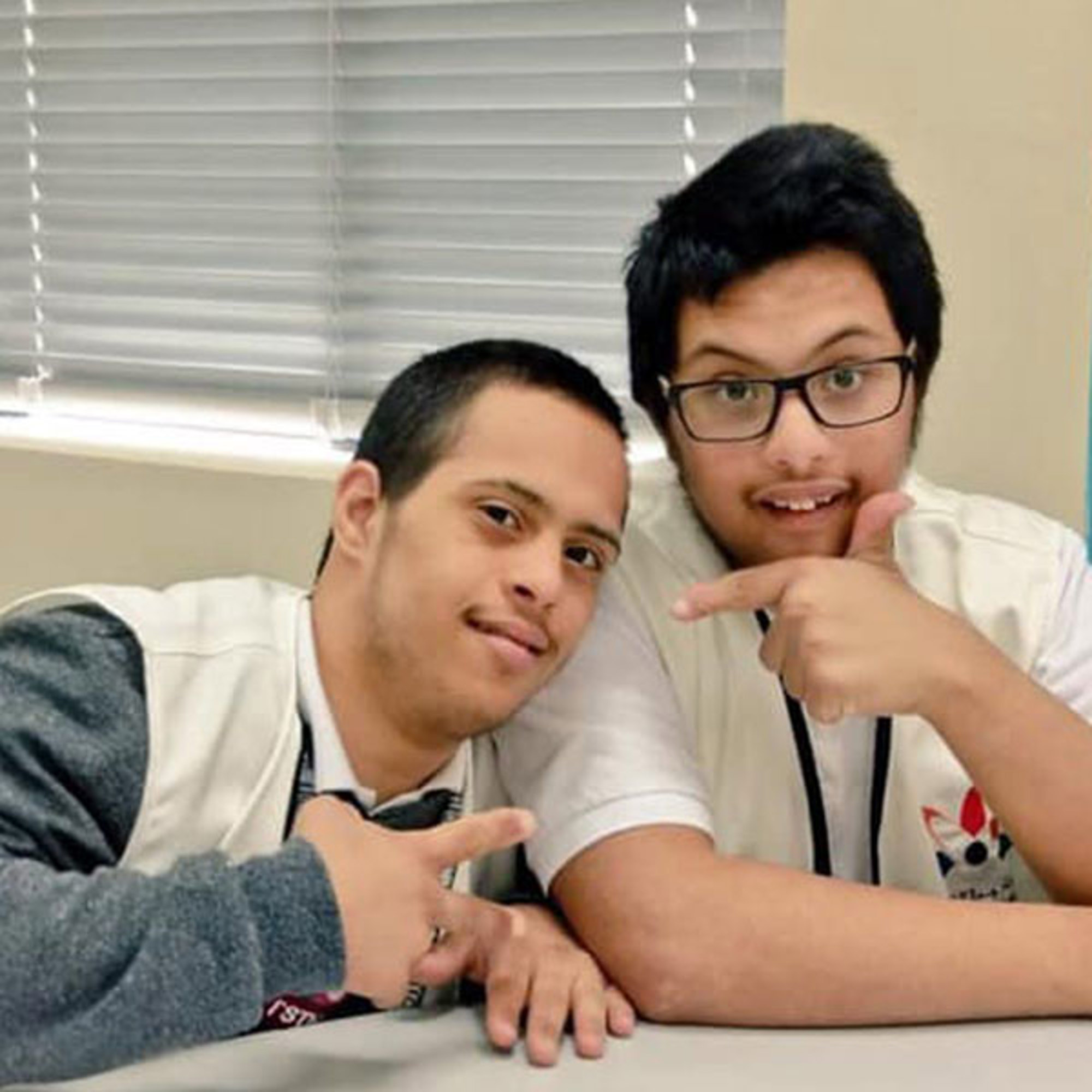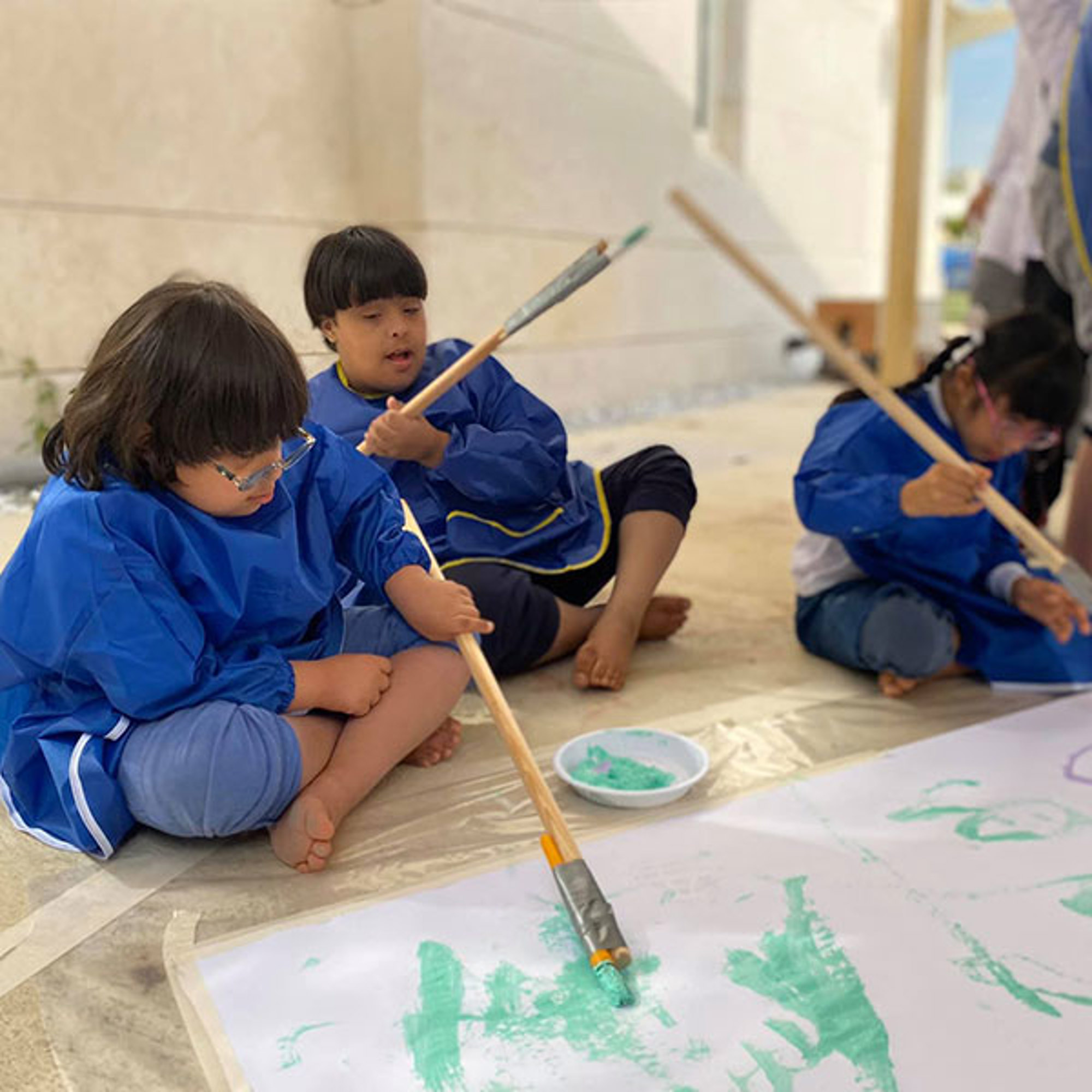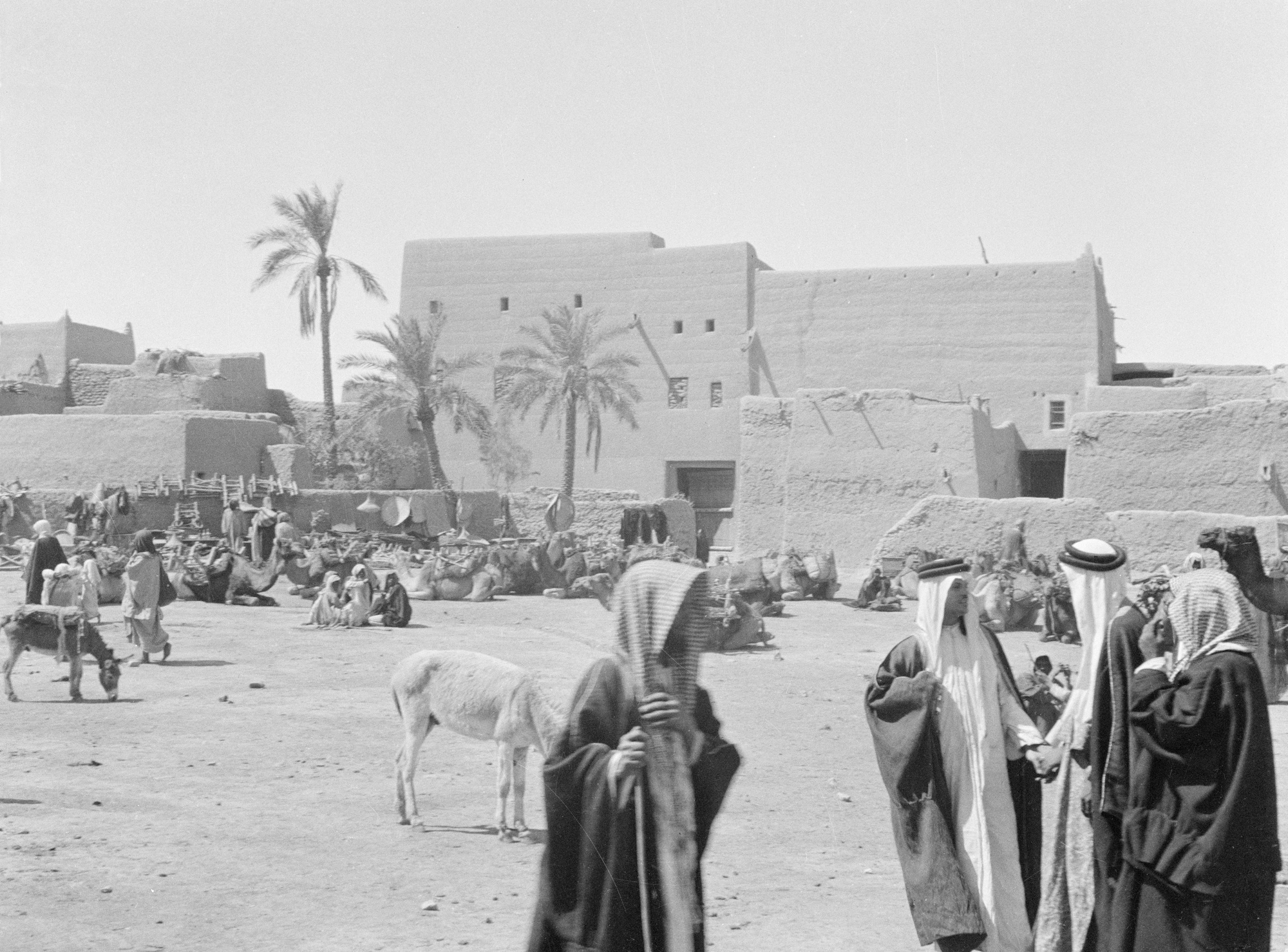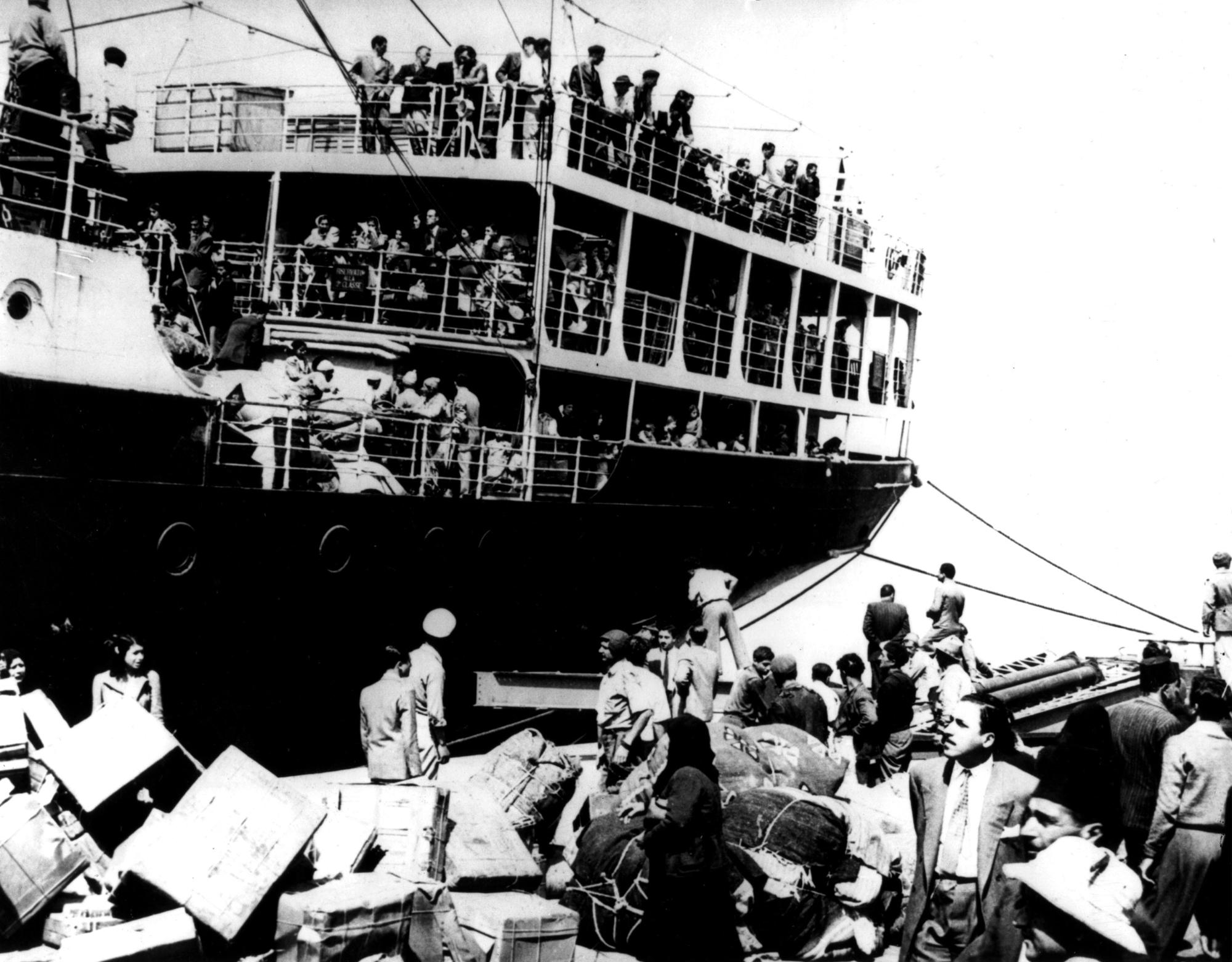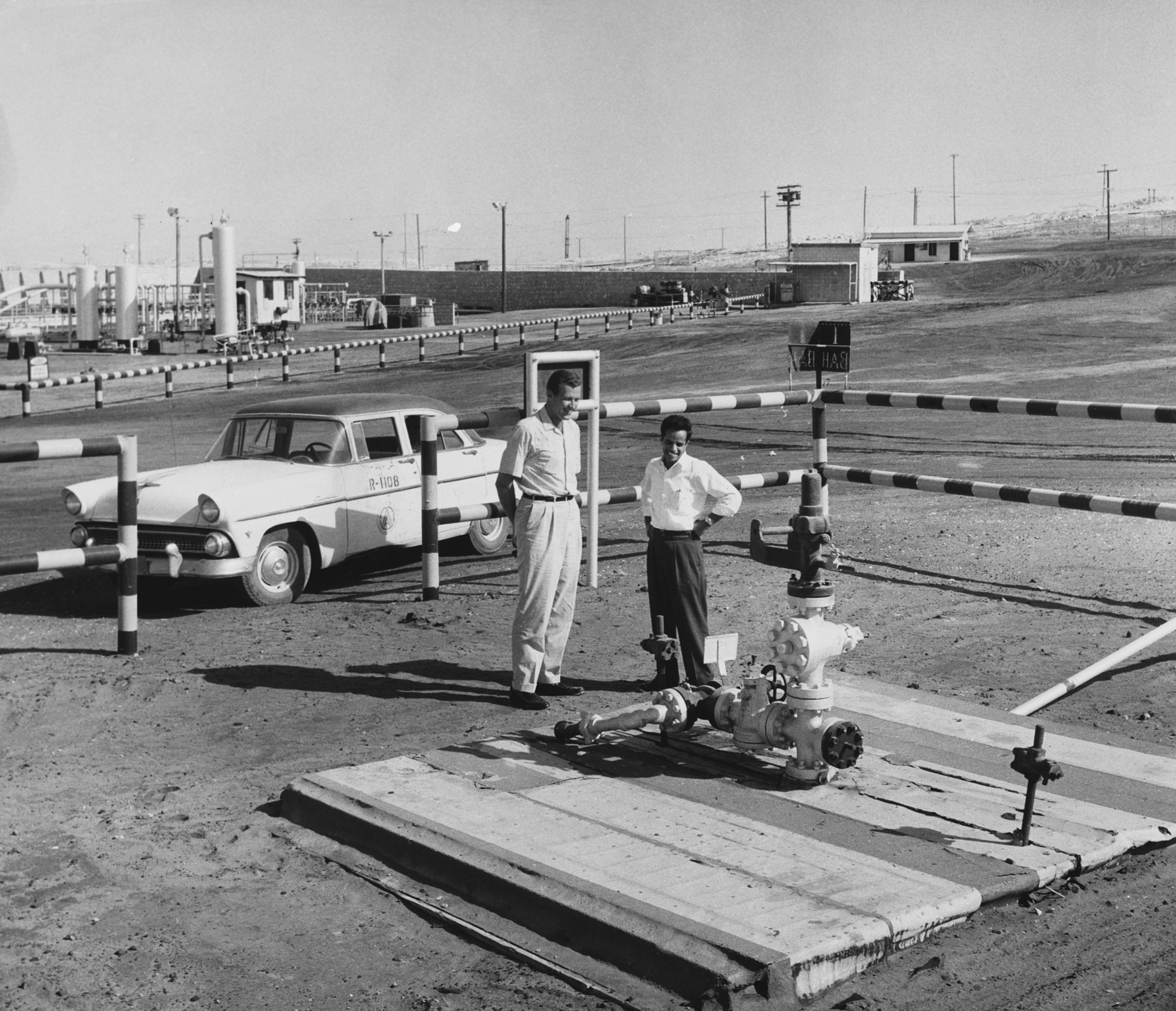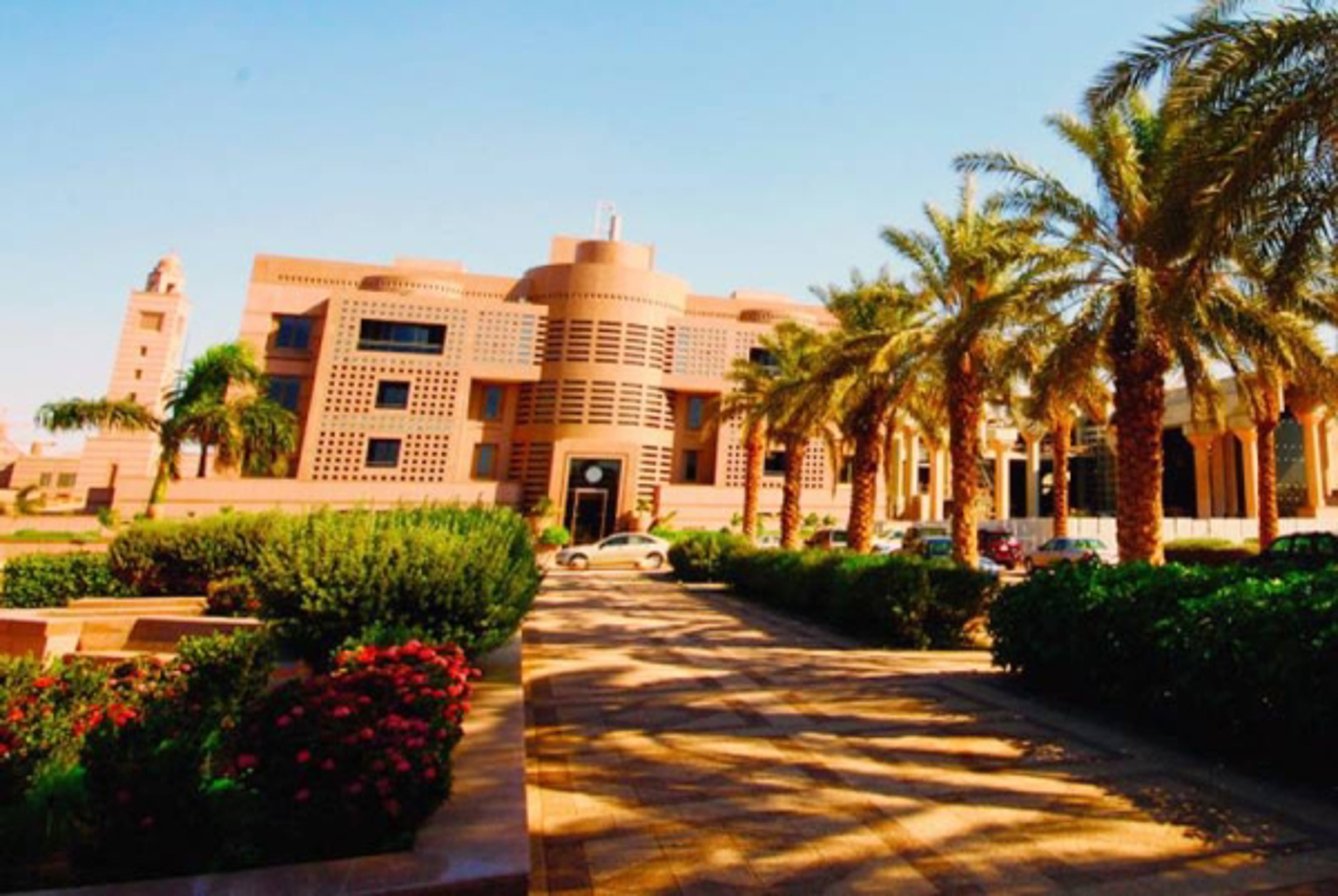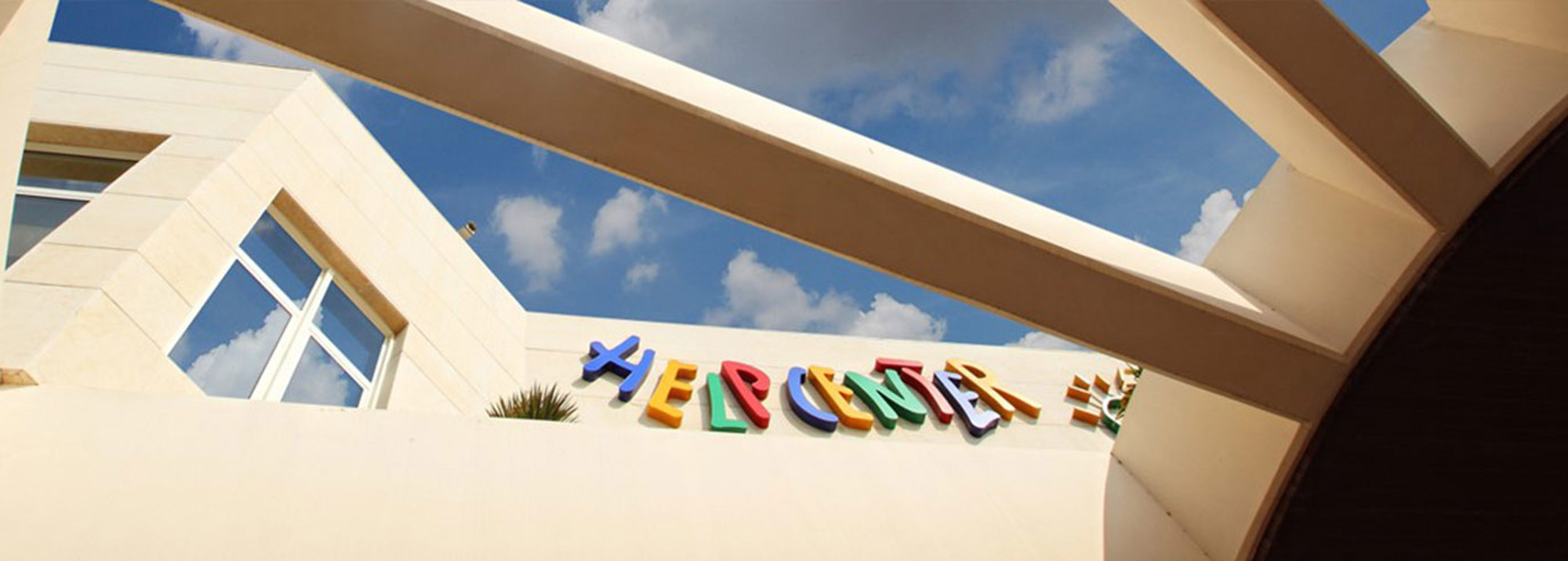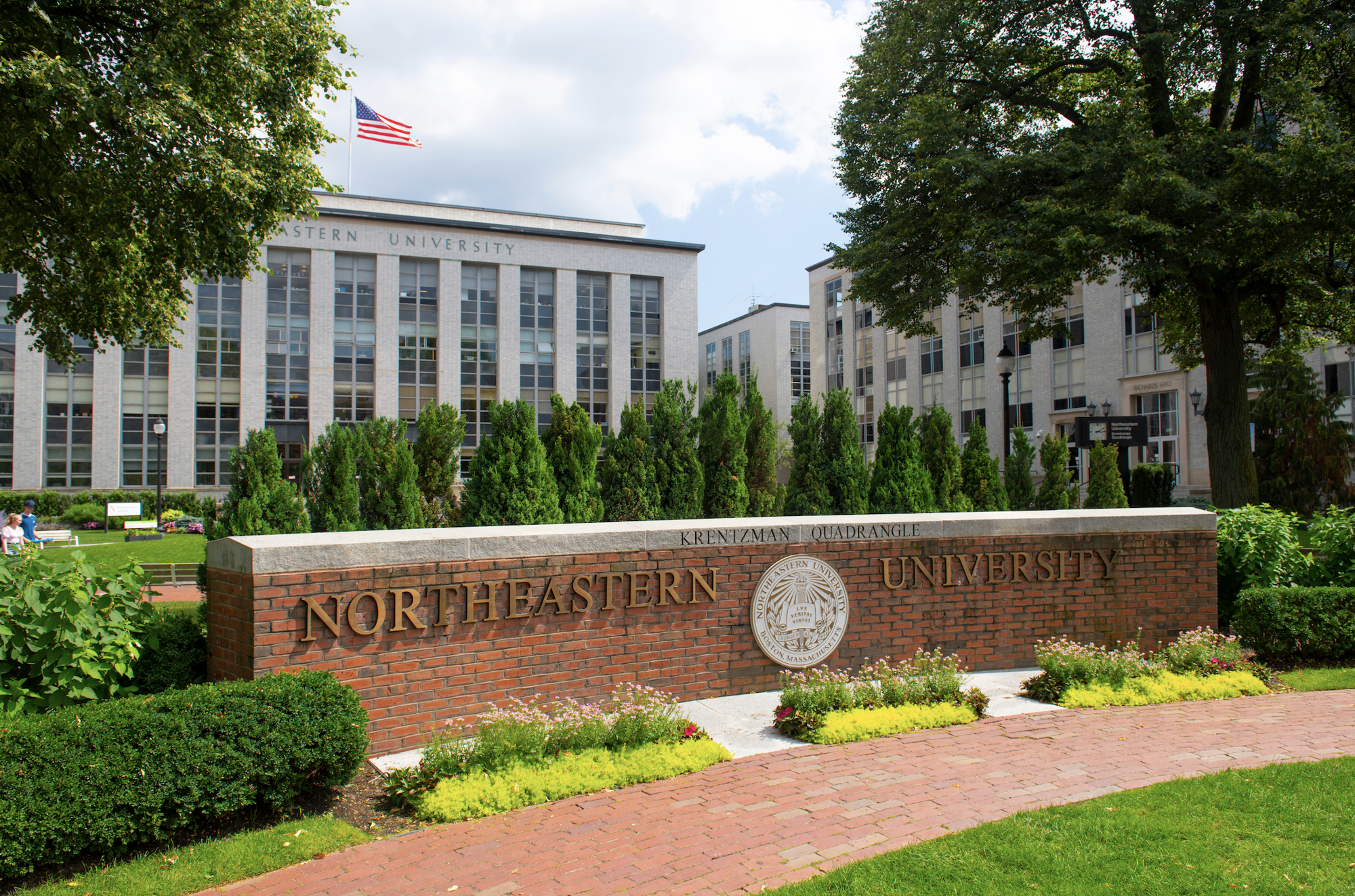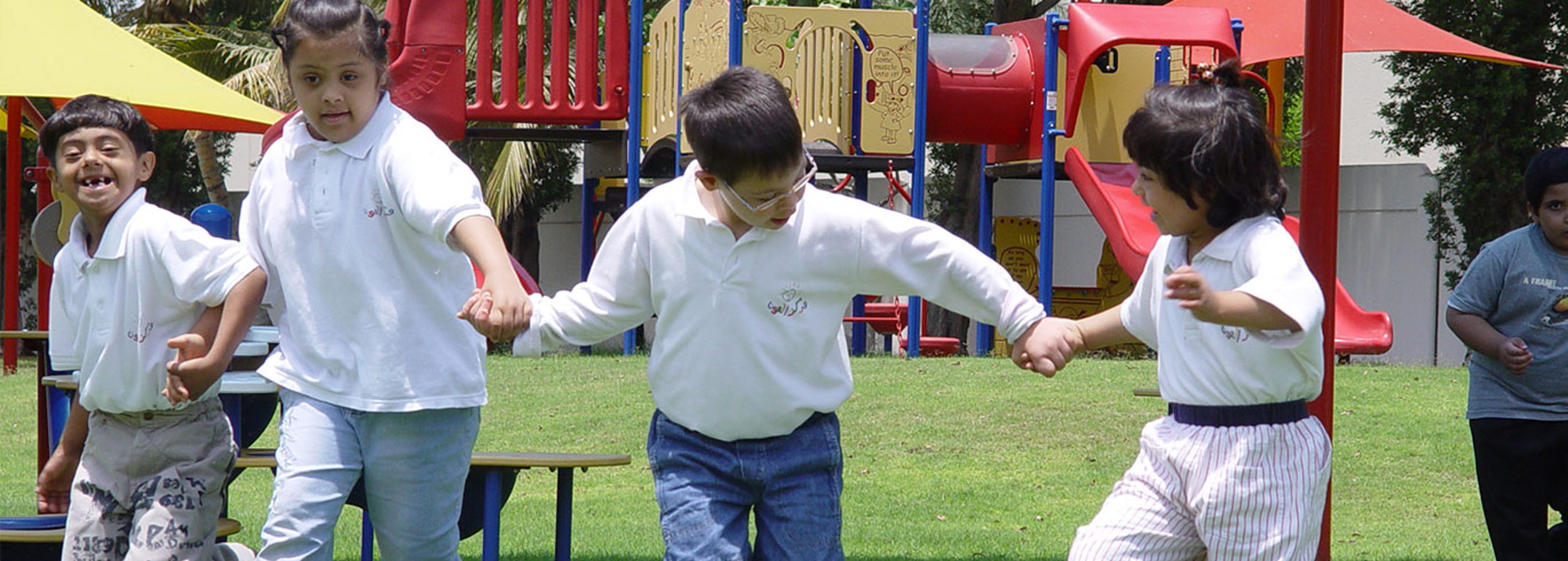
1980
2000
A Beacon of Hope
The Juffalis cement their philanthropic legacy with the launch of their family foundation
Not content with the dozens of institutions, initiatives, and programmes that they had established during their 30 years of marriage, the Juffalis were desperate to expand their philanthropic reach yet further. It resulted in the launch of the Ahmed Juffali Foundation, with a childhood memory lying at the heart of its flagship cause.
" My father said we want these children to be part of society. "
Khaled Juffali
In 1985, the Juffalis would elevate their philanthropy to the next level with the formation of the Ahmed Juffali Foundation. The "AJ Foundation" created a platform for the family to extend their help to the broader communities of Saudi Arabia and the world.
“One day I decided with my husband that it was time to open something of our own,” recalled Suad. “What we had to do in Saudi Arabia, especially in Jeddah, was to build not a home, but a centre for treating children with special needs.”
Suad’s childhood friendship with a neighbour in Beirut who had Down’s Syndrome served as an inspiration behind the Foundation's leading initiative: The Help Center. By providing the bespoke educational requirements that were not traditionally available in conventional school settings, The Help Center became a beacon of hope for families with children with intellectual disabilities that had previously struggled to find expert care in Saudi Arabia.
Thanks to a team of highly-trained specialists who set out to understand the unique needs of their students and able to curate tailored programmes to instil confidence and bolster their skillset, the Help Center flourished. One of the first initiatives of its kind in Saudi Arabia, it broke new ground about how to support young people with additional needs in a country where those with disabilities were often excluded from mainstream society.
It soon became apparent that as demand grew, the facility would outgrow its existing premises. And so, in October 1993, Sheikh Ahmad laid the cornerstone to a new state-of-the art 43,000sqm facility.
Ahmed’s son Khaled remembers how his father chose a prime plot of land in the centre of Jeddah for the new centre, for which he was questioned by his peers. “They did not understand why he had spent so much money on such a prime piece of real estate and advised him to find a cheaper plot further out of the city,” he recalls. “But my father said no, we want these children to be part of society and to be able to interact socially and in the labour force, and he stuck to that site.”
The new facility was finished in September 1995, but tragically, it was a milestone moment that its founder would not live to see because on 20th July 1994, Sheikh Ahmed passed away aged 70.
Sheikh Ahmed’s philanthropic and humanitarian legacy lives on through The Help Center, which today hosts 350 children supported by 170 staff members, and is a leading regional centre of excellence for supporting children with additional needs, giving them access to an education as well as opportunities to join the workforce to support themselves as adults.
It is also an embodiment of the Juffali’s strong family ethic and continues to be run by family members spanning three generations, including Suad, her children Khaled and Maha, and her grandchildren Daniah, Dina, and Dana.
Passionate about her commitment to supporting additional needs children, Maha Juffali, who is the centre’s director and also sits on its board, says: "Society has changed 360 degrees. Being an intellectually disabled child is not as negative as it was before. Society can improve by acceptance and loving the children, by being motivated to helping them and by not seeing them as sick or dangerous. There are adults as well and they are contributing to their society. They get a salary, they go buy, and the cycle goes on. This is a good thing for the economic state."

Dr. Maha Al-Juffali has been named as the president of the Saudi Special Olympics Federation on a day when a number of directors were also appointed to the boards of Saudi sports federations and committees for the electoral cycle 2021-2024.
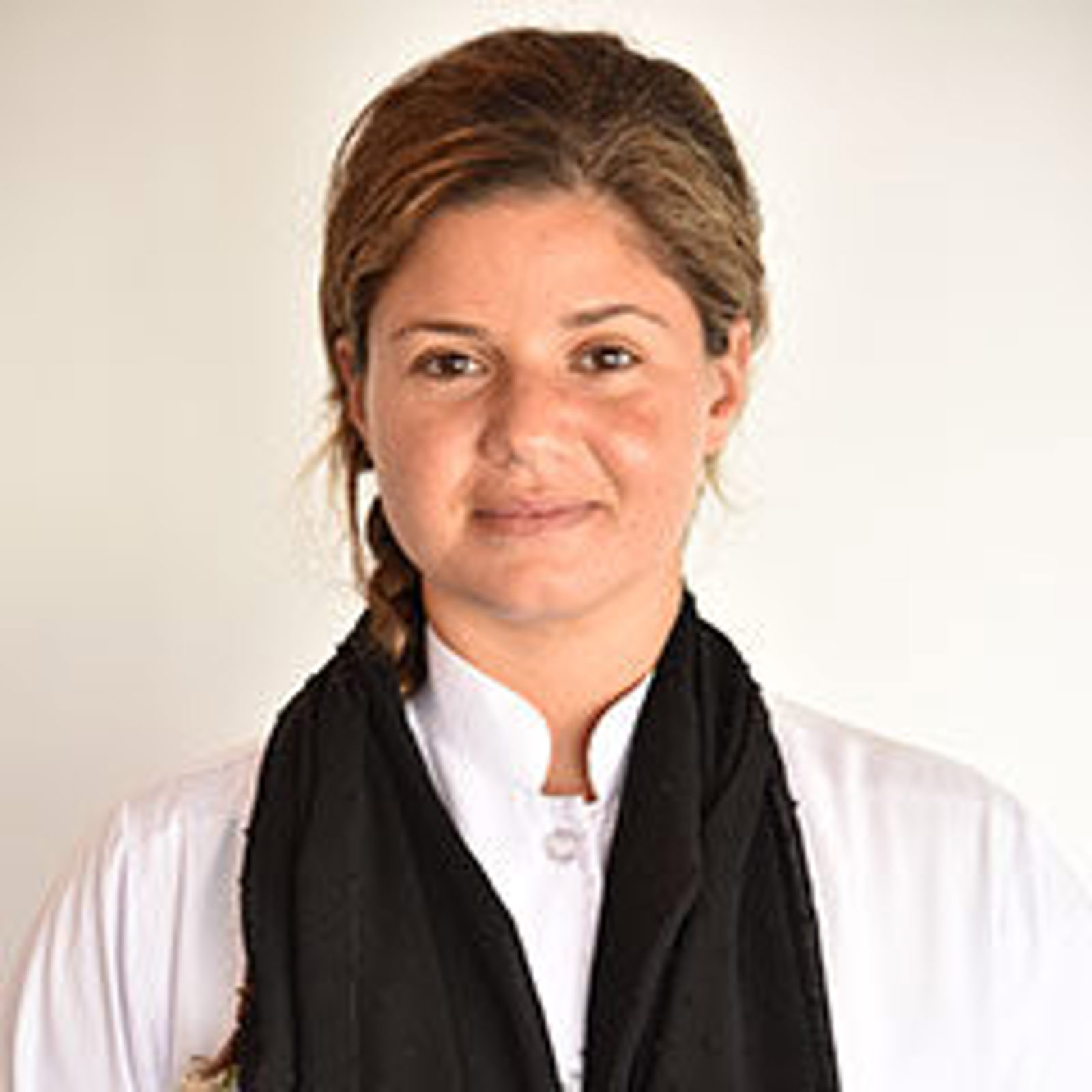
Daniah Grandour, Ahmed's granddaughter, is an educational psychologist and sociologist who has worked in the field of special education for the past 15 years, focusing on children and young adults with intellectual disabilities and their families. She is head of Therapeutics at The Help Center and a board member.
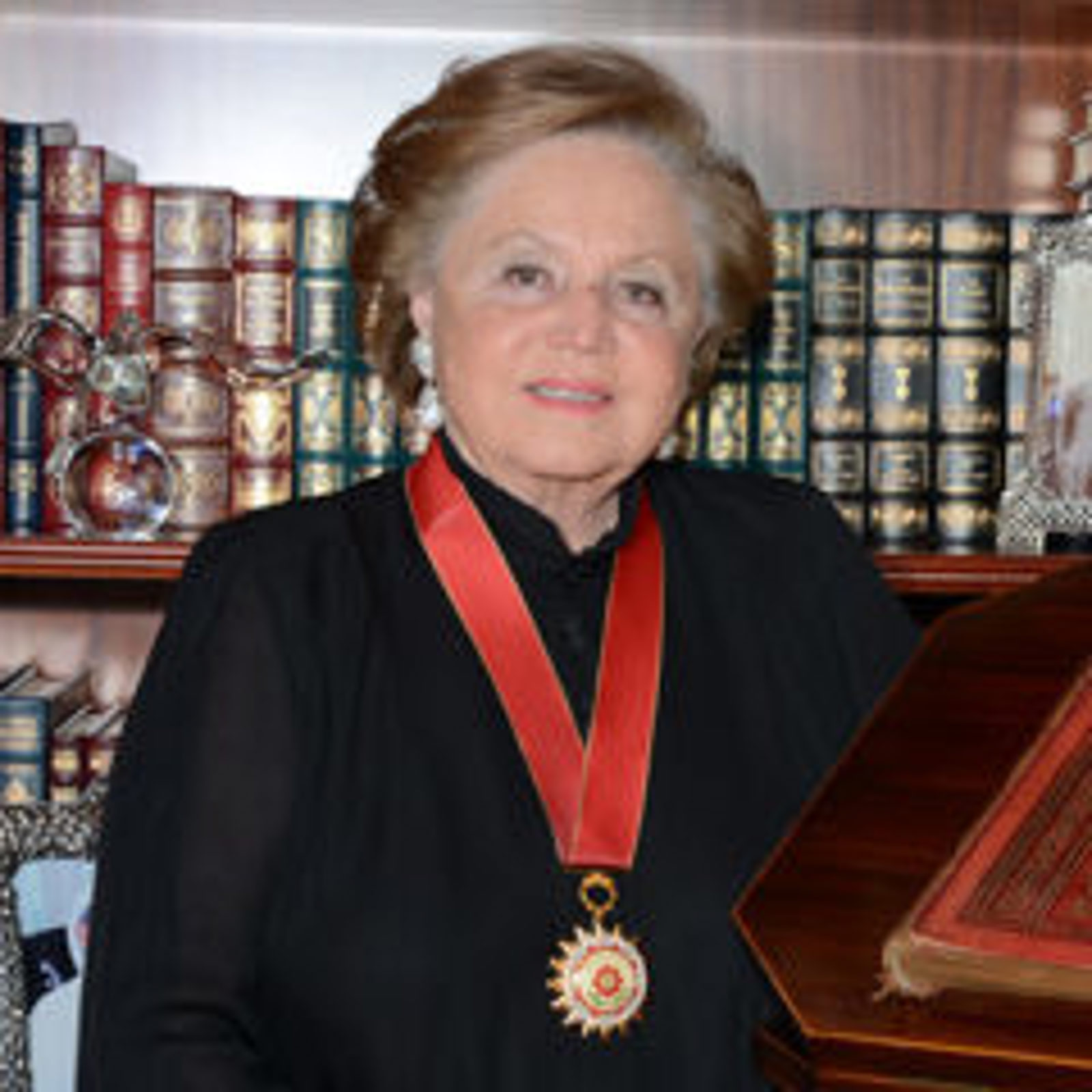
A childhood friendship inspired Suad Juffali to open The Help Center in Jeddah.
